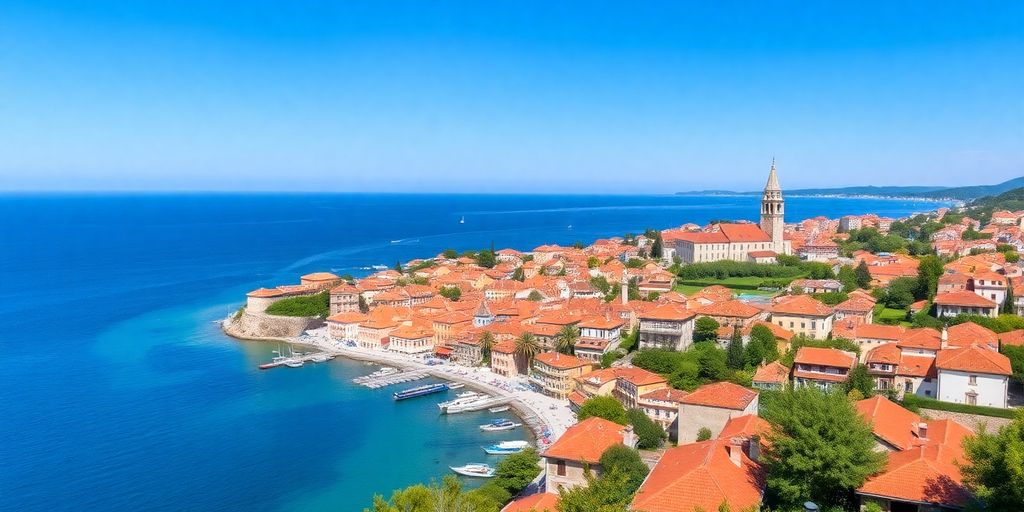In a significant diplomatic move, leaders from Croatia, Serbia, and Bosnia convened for their first trilateral meeting in six years, aiming to address longstanding disputes and enhance regional cooperation. The meeting, held in Mostar, Bosnia, marked a hopeful step towards resolving contentious issues, particularly in the areas of energy and infrastructure.
Key Takeaways
- First Meeting in Six Years: The leaders of Croatia, Serbia, and Bosnia met to discuss improving relations.
- Focus on Cooperation: Discussions centered on energy and infrastructure projects.
- No Immediate Solutions: While the meeting did not resolve all disputes, it opened channels for future dialogue.
Background of Regional Tensions
The Balkans have a complex history marked by ethnic conflicts and political strife, particularly following the breakup of Yugoslavia in the 1990s. Tensions between Croatia, Serbia, and Bosnia have persisted, often fueled by historical grievances and differing national narratives. This meeting represents a crucial opportunity for these nations to move beyond past animosities and work towards a more collaborative future.
The Meeting Details
The trilateral meeting took place on March 6, with the leaders of Croatia, Serbia, and Bosnia participating. Key figures included:
- Kolinda Grabar Kitarović (Croatia)
- Aleksandar Vučić (Serbia)
- Dragan Čović, Mladen Ivanić, and Bakir Izetbegović (Bosnia)
During the meeting, the leaders discussed various topics, including:
- Energy Cooperation: Exploring joint energy projects to enhance energy security in the region.
- Infrastructure Development: Identifying key infrastructure projects that could benefit all three countries.
- Cultural Exchange: Promoting cultural initiatives to foster better understanding among the nations.
Challenges Ahead
Despite the positive atmosphere, significant challenges remain. Historical grievances and nationalistic sentiments can complicate negotiations. The leaders acknowledged that while the meeting was a step in the right direction, overcoming deep-seated issues will require sustained effort and commitment from all parties involved.
Looking Forward
The meeting concluded with a commitment to continue dialogue and explore further opportunities for collaboration. Future meetings are anticipated, with hopes that they will lead to tangible agreements that can improve the lives of citizens in the region. The leaders expressed optimism that by working together, they can build a more stable and prosperous future for the Balkans.
In conclusion, while the path to reconciliation is fraught with challenges, the recent meeting between Croatia, Serbia, and Bosnia signifies a renewed willingness to engage in constructive dialogue. As these nations navigate their complex histories, the focus on cooperation in energy and infrastructure may pave the way for a more harmonious regional relationship.






